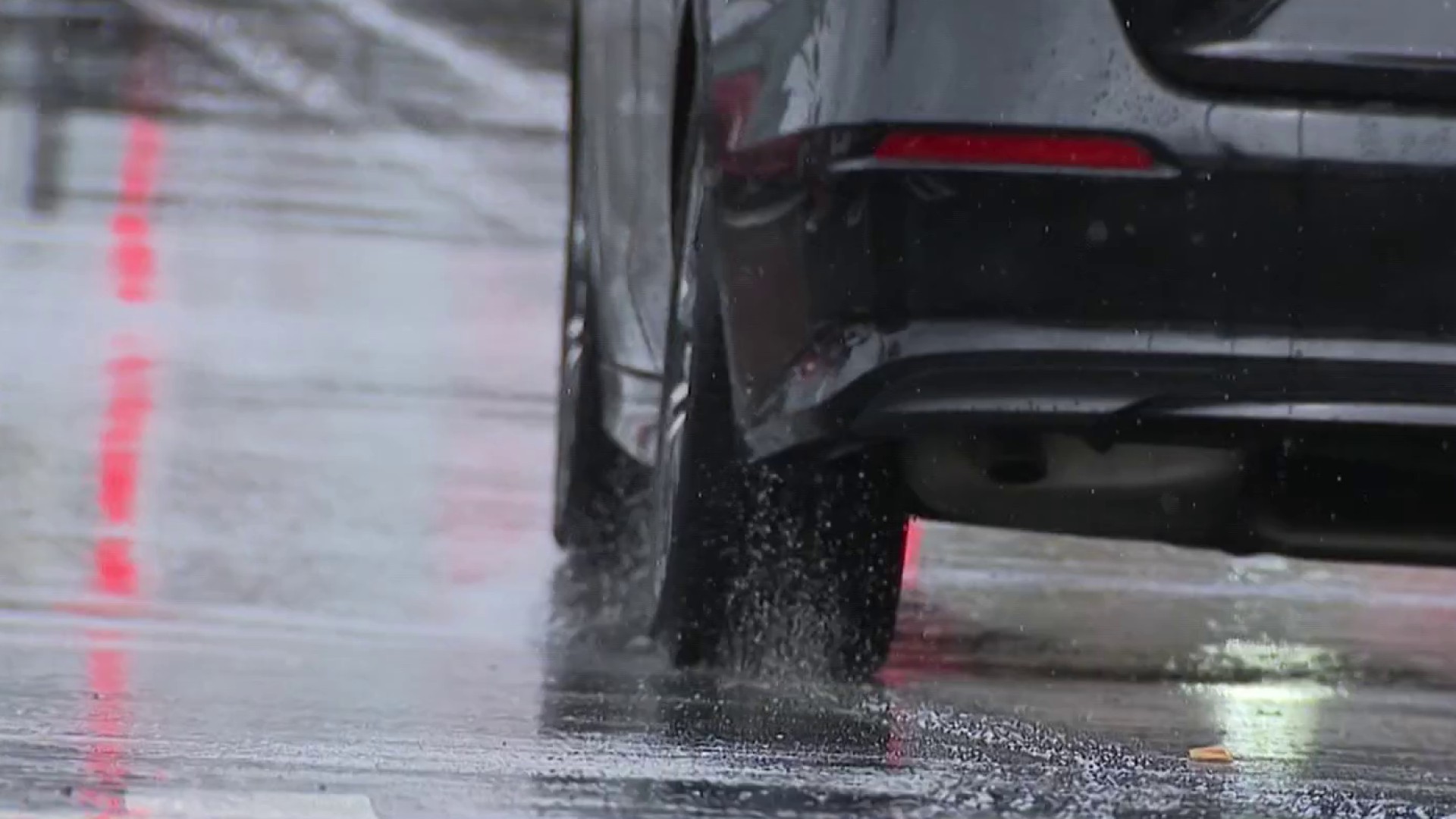The glitch could prevent a smart meter from being read wirelessly. NBC 7 Responds’ Consumer Bob has more.
Millions of dollars worth of smart water meters already installed in homes across the city of San Diego could have a glitch that prevents them from relaying water use wirelessly. And for more than two years, the city has no record of trying to fix or address the problem.
Last month, NBC 7 Responds and media partner Voice of San Diego first disclosed the “glitch”, which had never been discussed publicly by the Public Utilities Department. A department spokesperson told us the glitch, identified in Hersey Meters, was described as being “minor” and that “no corrective action was required”.
But emails obtained by NBC 7 Responds and media partner Voice of San Diego show water officials appeared to initially take the glitch seriously.
Representatives for Mueller Systems, the company that manufactures Hersey meters, flew to San Diego in April of 2016 to meet with department managers.
According to Katie Keach, a spokesperson for the city of San Diego, Mueller representatives told the Public Utilities Department that the glitch is in the gears of the water meter’s register and could prevent a dial from turning properly, which in turn will set off an alarm and possibly prevent the meter from relaying water-use wirelessly.
The defect was discovered in Hersey registers manufactured from 2011 to 2013 and the only way to fix the problem was to replace the meter’s register entirely.
Mueller Systems requested the city to identify the number of Hersey meters installed that may have been impacted by the manufacturing defect.
Local
In June of 2016, a Public Utilities Department staff member identified 250 water meters as having the glitch. It is unclear if those have been replaced.
“We are still waiting on the total list from customer service so we can identify what would be the appropriate [percentage] of stock for those meters installed during [2011 to 2013] era of meter purchases,” wrote Water Systems Technician Supervisor, Lorraine Gain in a May 2016 email to Mueller Systems employee William Coffey.
But after that, it’s unclear what, if anything the city has done. On Wednesday, August 1, Katie Keach, a spokesperson for the city said the department does not know how many meters may have the glitch.
“We have not given up on this yet,” Keach said.
Purchase orders and invoices obtained by NBC 7 Responds and media partner Voice of San Diego through a public records request, show since 2010, the Public Utilities Department has purchased more than 74,000 Hersey smart meters from Mueller Systems for more than $7-million-dollars.
Since then, department officials have installed less than 70,000. Of those, nearly 12,000 are actually connected to the smart water meter system.
Hersey meters make up nearly 80-percent of the 15,000 smart meters connected to the AMI system.
Cities throughout the country have made similar efforts to read water-use wirelessly and have run into problems along the way.
In San Diego’s case, the smart meter program was put on hold after receiving a surge of customer complaints about high water bills. NBC 7 Responds began reporting on those complaints in January of this year.
In response, Mayor Kevin Faulconer and city council members asked the city’s auditor to review the department’s billing practices and whether smart meters had any effect on the billing irregularities.
That report was released last week. It found that smart meters were not a significant contributor to the flood of high water bills. Instead, the report criticized the water department for a lack of oversight of the city’s 36 water meter reader employees.
According to the auditor’s findings, more than 11,000 water bills were adjusted as a result of human error when reading meters. In addition, the auditor found that some meter readers knew of ways to prevent supervisors from seeing mistakes made out in the field.
The auditor’s office is currently conducting a separate audit looking only at the smart meter program.



